【新唐人2012年1月12日訊】清華大學一個課題組日前發佈報告指出,中國目前最需要警惕的,是既得利益集團用「維穩」為理由,拒絕改革、綁架改革,讓中國陷入「轉型陷阱」。報告說,改革初期的「摸石頭過河」已經演變成為「只摸石頭而不想過河」。
1月9號,《中國青年報》報導了「清華大學」社會學系社會發展課題組發佈的「2011年度《社會進步系列研究報告》」,但報導的網路版很快被網路監管部門下令刪除。
這份報告由「清華大學」教授孫立平主筆。報告指出:體制改革已經陷入困境,是個不爭的事實。一些重要的改革措施被擱置,政治體制改革沒有進展。人們需要警惕「石頭摸上了癮,連河也不想過了」。
孫立平等學者認為,轉型過程造就了一個既得利益集團。這個集團阻止進一步變革,由此導致經濟和社會發展畸形,各種問題不斷積纍,也使社會變革的動力越來越微弱。
報告寫道:「這就如同在一幢爛尾的大樓中,人們簡單裝修一下就搭灶做飯,娶妻生子。」
清華大學的報告還總結了體制「轉型陷阱」中的五大病症,包括:經濟發展畸形,要依靠政府項目推動;過渡體制被定型,「改革」一詞失去民心;貧富分化日益嚴重;改革變成「維穩」;社會潰敗日漸明顯。
報告指出,要打破這種「轉型陷阱」,必須讓中國「匯入世界主流文明的方向」,核心價值包括「自由、理性、個人權利、市場經濟、民主政治、法治社會」。報告說:「中國最需要的是一種勇氣,一種衝破既得利益格局、打破『轉型陷阱』、走出目前僵局與困境的勇氣。」
而實際上,甚至中共當局內部,包括處於權力核心中的太子黨們也看到了中國問題的嚴重性。
《悉尼先驅晨報》去年(2011年)10月報導,前中共黨校校長馬文瑞之女馬曉力,在中國最有權勢家庭的非官方聚會上說:「共產黨就像是一個得了癌症的外科醫生,自己已經不能切除腫瘤,它需要其他人的幫助,如果得不到幫助,它活不了多久。」
胡耀邦的長子胡德平也指責當代中國政治荒謬,甚至連「公民社會」這樣的短語,都已經被主流媒體禁止使用。
斯坦福大學胡佛研究所(The Hoover Institution on War, Revolution, and Peace)羅文教授則認為,不管是何種方式,中國社會的大變革很可能在2020年前來臨,這也將對整個世界產生巨大影響。
新唐人記者宋風 王明宇綜合報導。
China's "Transition Trap"
A research group at Tsinghua University
released recently a report on China's reform.
China should be cautious of the vested interests groups'
using "maintaining stability" as an excuse to kidnap the reform.
This will make China become stuck in a "transition trap."
In the report, the early days' reform' saying "touch the stones
to cross the river" has become "touch the stones but do not cross the river."
On January 9, China Youth Daily reported about Tsinghua
University's "2011 series studies of social progress."
However, the online edition was soon ordered to be removed
by the internet censorship department.
The report was mainly written by Sun Liping,
professor at Tsinghua University.
It stated: “It is an indisputable fact
that the institutional reform is in trouble.
A number of important reform measures were shelved.
Political reform hasn't got any progress.
People need to be vigilant that 'if addicted to touching
the stone, they will not be crossing the river."'
Prof. Sun and other scholars believe,
that the transition process has created vested interests groups.
The groups prevent further changes which leads
to economic and social developmental deformities.
Problems continue to accumulate, and make the driving force
of social change weaker and weaker.
The report states: "It's like in an unfinished building, people
make some simple decorations. Then they cook food and start their families in it."
The report also summarized the
top five "transformation trap" issues,
like economic development malformations,
founding of transitional institutions, growing gap between rich and poor,
the reform turning into "maintaining stability,"
and apparent social defeat.
According to the report, to overcome this 'transformation trap,'
China must "embrace the world's major civilizations."
The core values include "freedom, prudence, civil rights,
market economy, democracy, rule of law."
"What China needs the most is a kind of courage, which can
break the vested interest groups and the 'transition trap,'
and can help go out of the current impasse and plight,"
the report says.
In fact, even within the Chinese authorities, including the core
of power in China's prince lings, have seen these problems.
In October 2011, The Sydney Morning Herald reported about
a statement of Ma Xiaoli, daughter of the former CCP (China's Communist Party) Party School's headmaster.
During unofficial gathering of China's most powerful families,
Ma Xiaoli said: "The CCP is like a surgeon who has cancer; it cannot remove the tumor by itself.
It needs the help of others.
Without such help it cannot live for much longer."
Hu Yaobang's son Hu Deping also criticized
China』s political absurdity.
Even a phrase like "civil society"
is banned for use by the mainstream media.
Prof. Luo Wen from Stanford University's Hoover Institute,
said, regardless of the way, China will witness major changes,
which the society is likely to experience before 2020,
and which will have a significant impact on the whole world.
NTD reporters Song Feng and Wang Mingyu.
看下一集
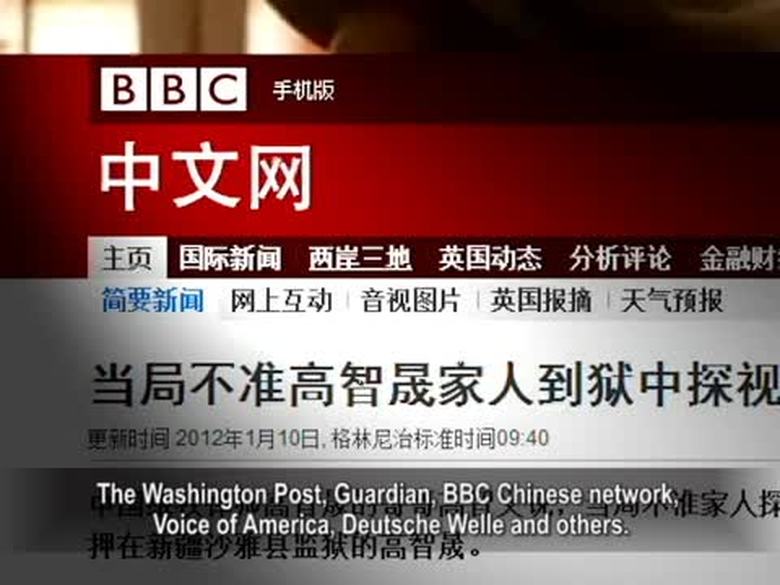
【禁聞】高智晟安危引世界聚焦沙雅
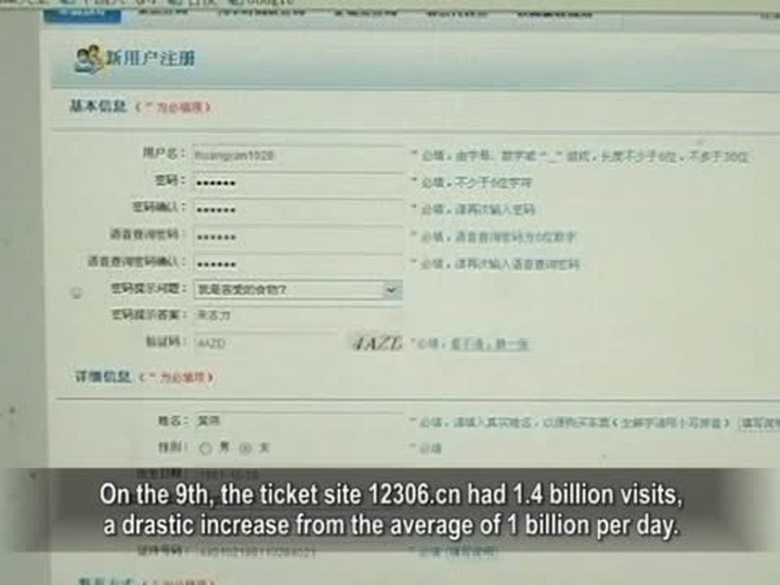
【禁聞】訂票網站近癱瘓 國企壟斷被詬病
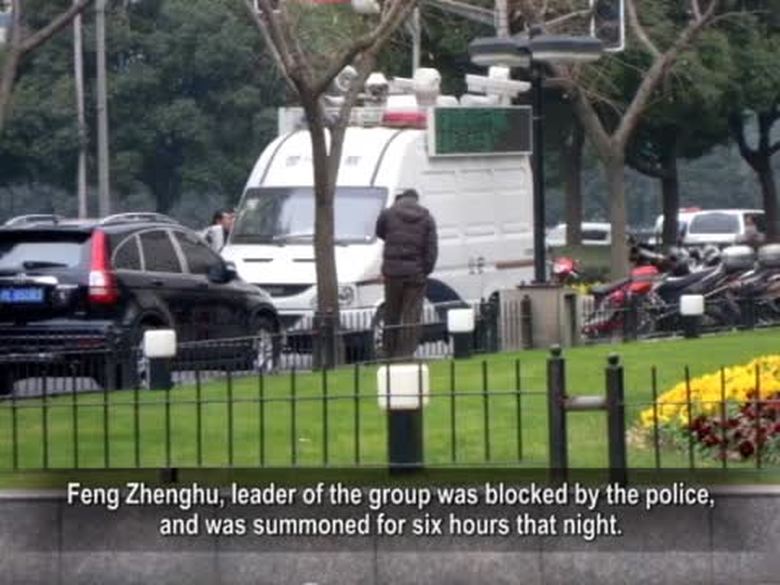
【禁聞】民眾請願示威 地方人大「刁民論」
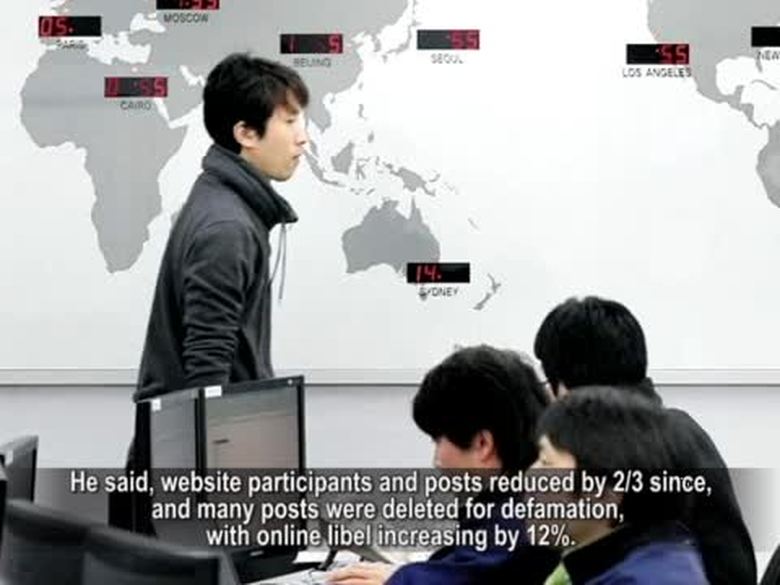
【禁聞】韓國實名制叫停 中共實名遭質疑
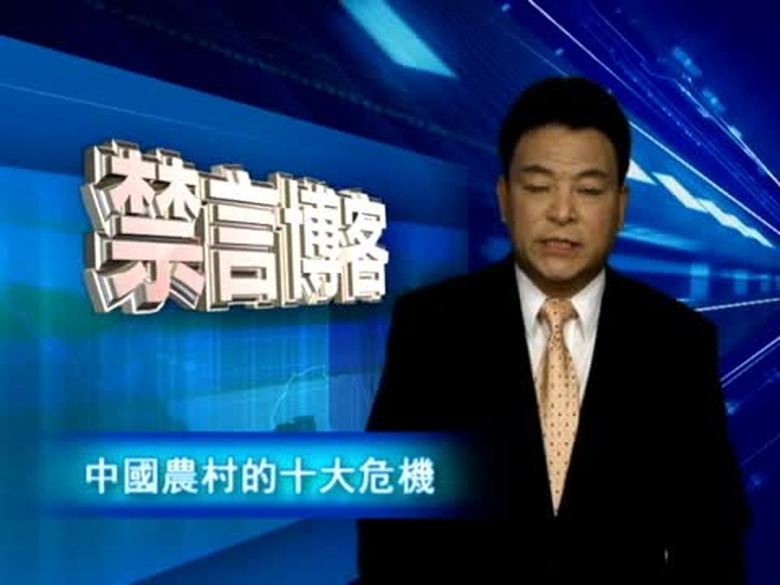
【禁言博客】中國農村的十大危機
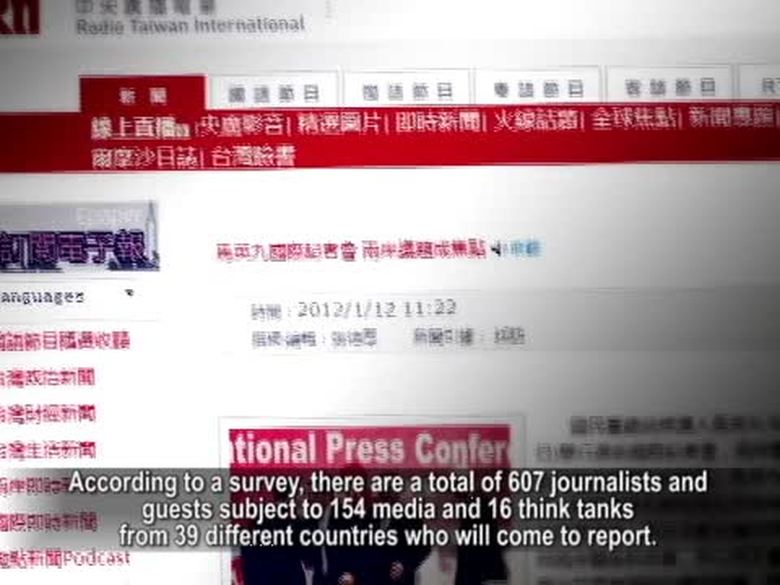
【禁聞】台灣大選倒計時 選民抉擇兩岸未來
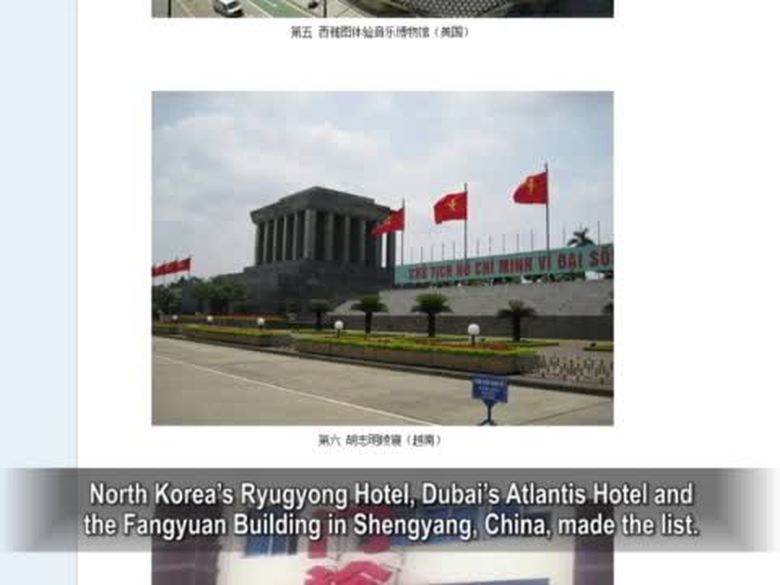
【禁聞】瀋陽方圓大廈上「全球最醜」建築榜
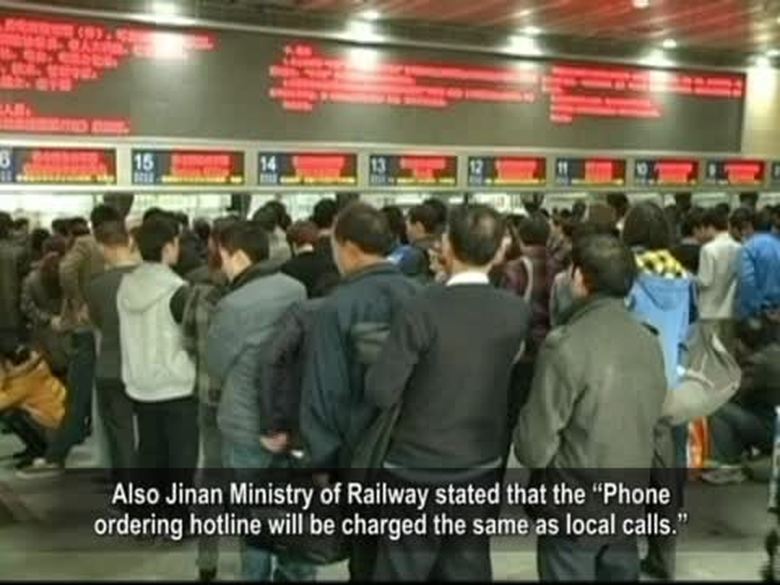
【禁聞】電話訂票收信息費 鐵道部被批搶錢
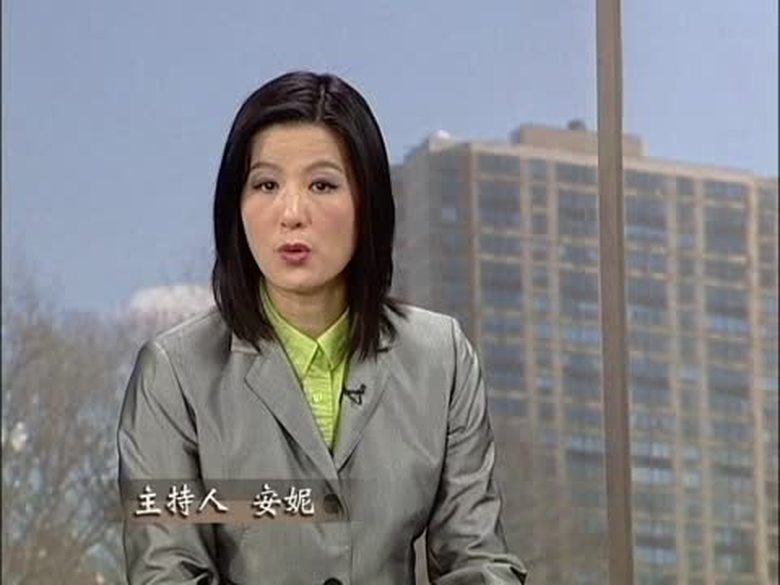
【禁聞論壇】人民幣匯率的背後
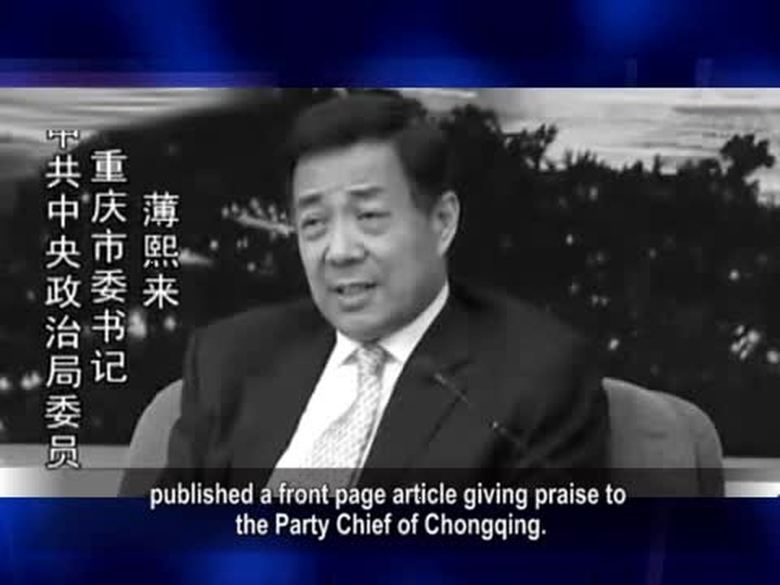
【禁聞】薄熙來受力領先 汪洋出招反擊
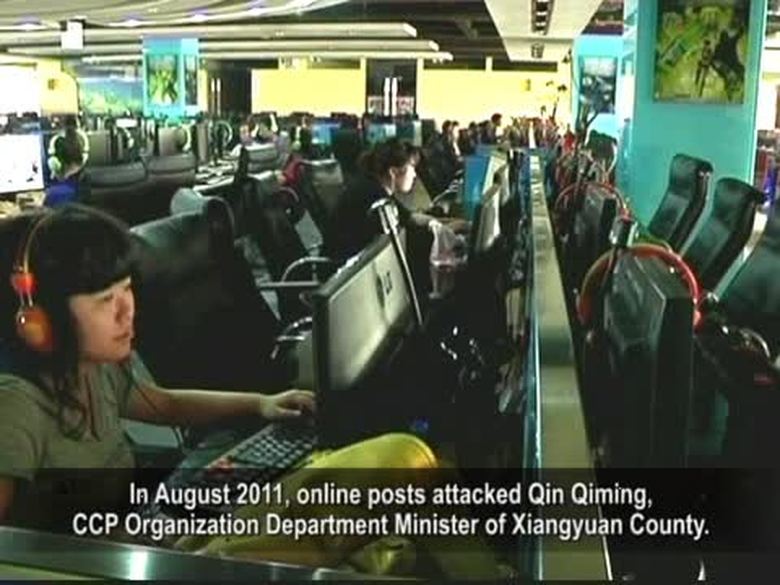
【禁聞】網警收費刪貼 判假造買賣軍官證﹖
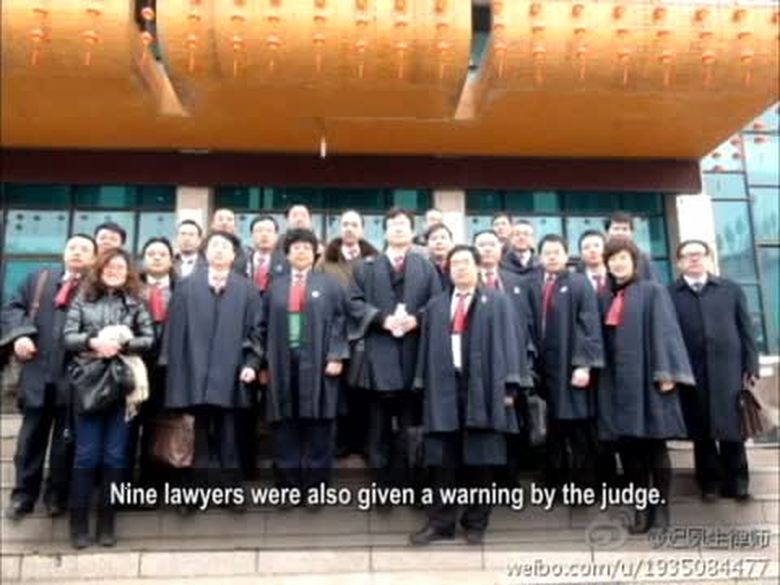
【禁聞】「黑審」黎慶洪案 法庭違法驅逐律師
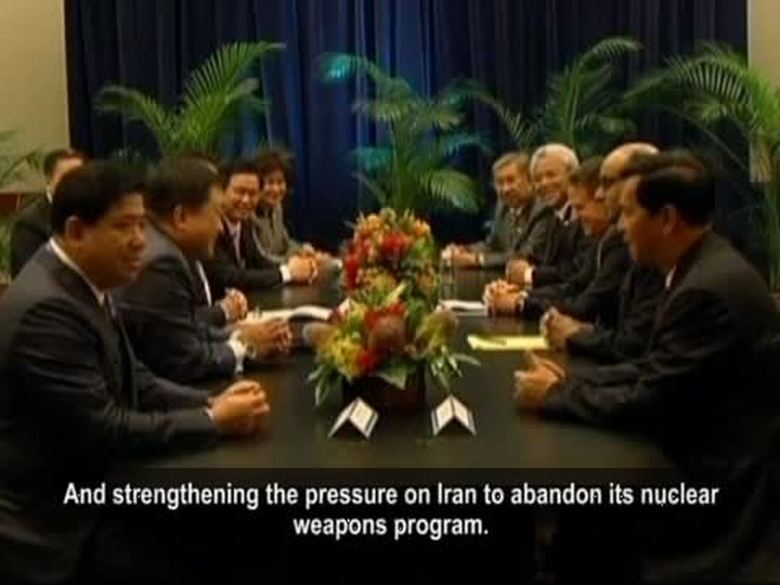
【禁聞】美3航母聚波斯灣 北京拒制裁伊朗
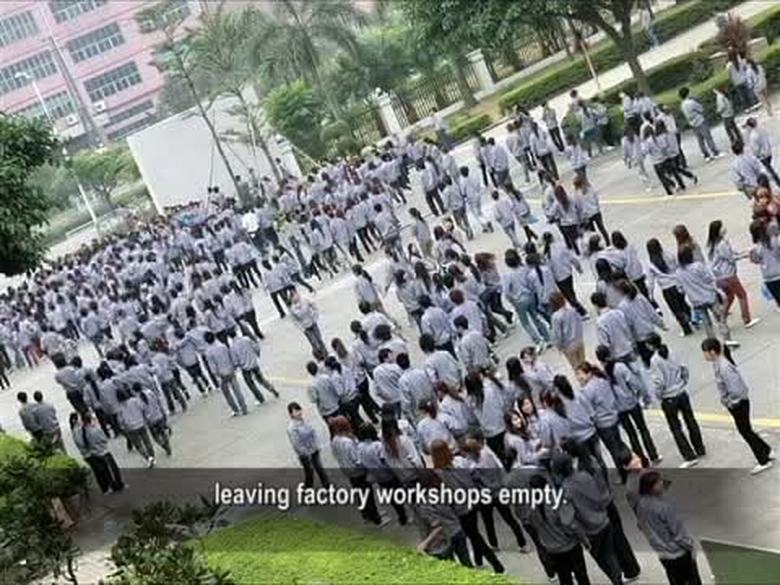
【禁聞】天滅中共網在收:失民心者失天下
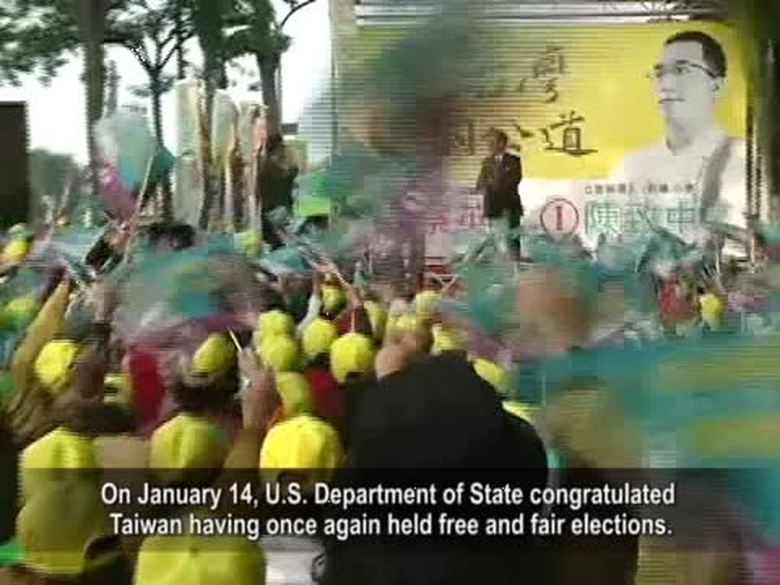
【禁聞】2012台灣大選 大陸民選有方向
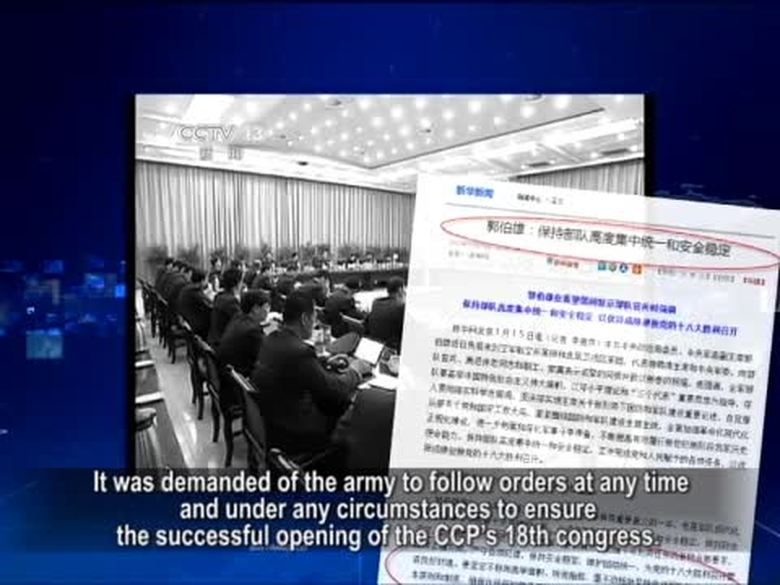
【禁聞】江系三軍頭转向 挺胡錦濤主導18大








